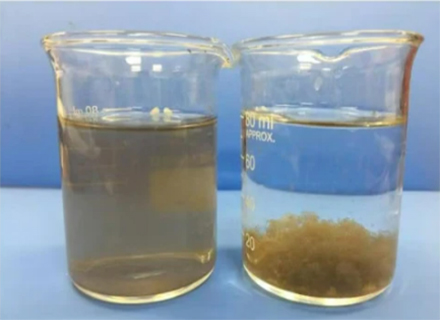Role Of Aluminum Sulfate In Sewage Treatment
Aluminum sulfate is an inorganic substance that is easily soluble in water, almost insoluble in ethanol, and the solution is acidic. Aluminum sulfate is used as a dephosphorizing agent, defluorinating agent, decolorizing agent, decolorizing and deodorizing petroleum wastewater, acid adjustment of alkaline wastewater, and flotation of mineral wastewater in deep wastewater treatment.

Role of aluminum sulfate in sewage treatment
In sewage treatment, aluminum sulfate is used as a coagulant. The aluminum oxide and aluminum ions generated after dissolving in water, the positive charge of aluminum ions in these hydrolysis products will collide and attract with the suspended small particles with negative ions in the water, forming charge neutralization, eliminating the charge on the surface of the suspended matter, breaking away from the principle of mutual repulsion of like charges, and then quickly condensing together to form particles greater than the buoyancy of water, and settling to the bottom of the water.
By aggregating impurities together to form larger particles, it is easier to filter and remove. Thereby improving the clarity of water. In this process, aluminum sulfate needs to add an appropriate amount of sodium hydroxide to the water to adjust the pH value to ensure the best coagulation effect.
